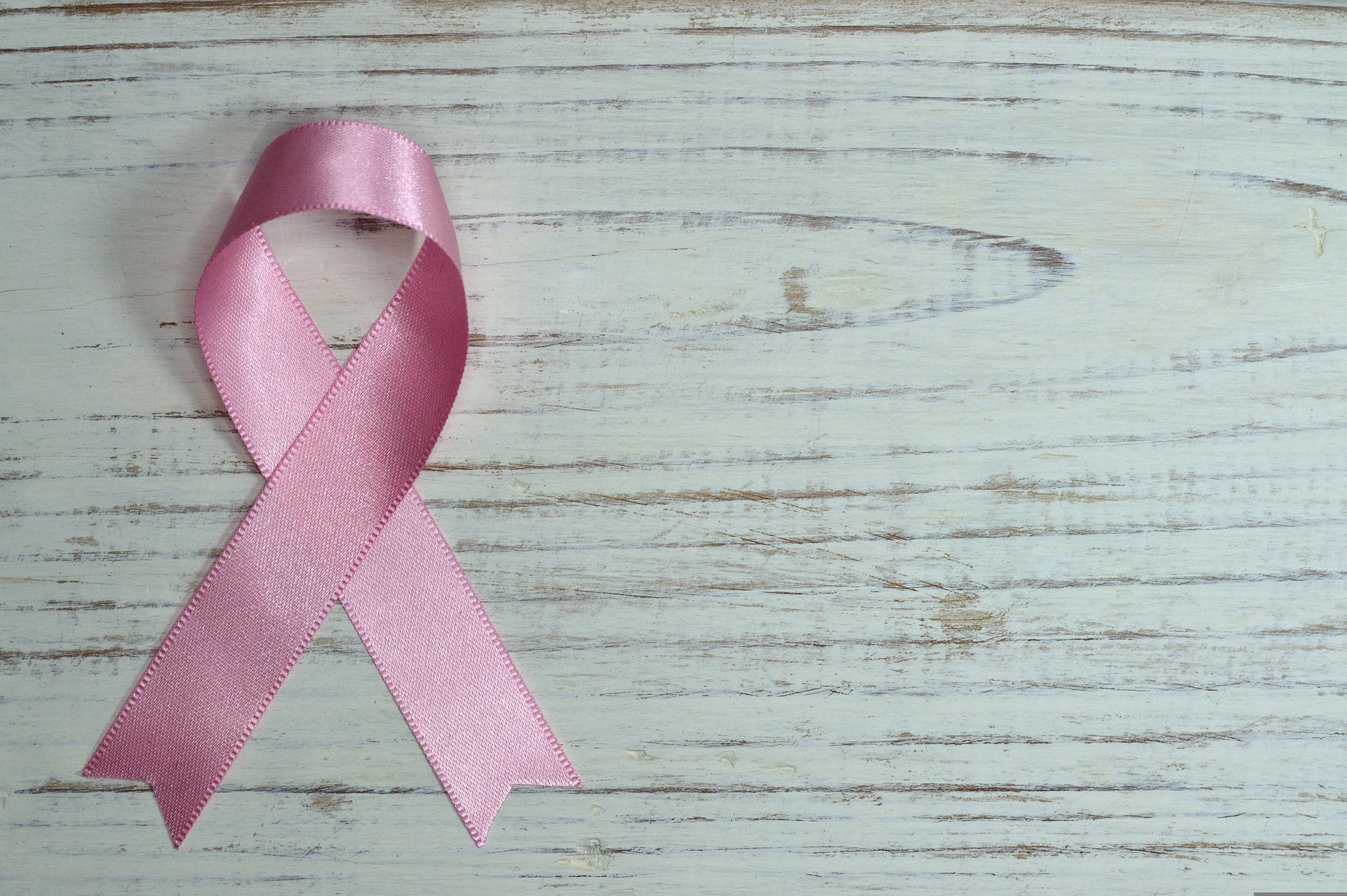
Five things you can do in your 20s and 30s to lower your risk of cancer that is avoidable
Most of us don’t think about cancer until we’re in our 20s and 30s. But recent research shows that people born after 1990 have a higher risk of developing cancer before the age of 50.
Up to half of cancers are preventable, despite the fact that some factors, including some genes we inherit, cannot be changed in relation to the disease. This means that our risk of developing cancer in the future can be greatly influenced by the lifestyle decisions we make at an early age.
Here are some of the most important lifestyle changes you can make right now to reduce your cancer risk.
1. Quit Smoking
Smoking is not only the number one cause of lung cancer every year, but it is also linked to 1 other cancers, including throat and mouth cancer.
Research shows that nine out of ten regular smokers started smoking before the age of 25, although young people are now smoking less, partly due to the popularity of vaping. Do not smoke or stop if you already smoke if you want to significantly reduce your risk of many types of cancer.
Although vaping is undoubtedly less dangerous than smoking, its long-term effects have not yet been studied. Cancer Research UK recommends that e-cigarettes are only used to help people quit smoking. Although there is unclear evidence of a link between cannabis use and an increased risk of testicular cancer, the effect of cannabis smoking on cancer risk is also poorly understood. It may be wise to stay away from both until further research is done.
2. Practice safe sex
The most common sexually transmitted infection in the world is the human papillomavirus (HPV), which causes genital warts. It can also cause various malignancies such as mouth, throat, penis and cervix.
HPV-related cancers are more common in young people. Women aged 30-3 are most commonly diagnosed with only cervical cancer in the UK. In addition, it is believed that the increase in HPV prevalence may be responsible for the recent increase in oral cancer among young men.
You can prevent HPV infection by getting the vaccine and practicing safe sex. Cervical screening (sometimes known as a “smear test”) is very important for women because it can detect HPV infection before it can develop into cancer. Therefore, women between the ages of 25 and 26 should aim for regular visits every five years.
3. Maintain an appropriate weight.
Overweight or obesity was associated with an increased risk of 13 different malignancies, including colon, breast, uterine and pancreatic cancers. Inflammation caused by excess fat promotes tumor formation and helps cancer cells divide. Fat cells also produce the hormone estrogen, which can promote the growth of tumors in the breast and uterus. Therefore, women have a higher risk of developing cancer. Cancers associated with overweight and obesity are becoming more common, especially in younger people.
In addition, a poor diet alone can increase your risk of cancer. For example, consuming too much red and processed meat has been linked to a higher risk of colon cancer. On the other hand, a growing body of research shows that eating a healthy, balanced, high-fiber diet and a variety of fruits and vegetables can reduce the risk of many types of cancer.
By eating a nutritious diet and maintaining a healthy weight, you can significantly reduce your risk of developing several different types of cancer later in life.
4. Drink less
Alcohol consumption is known to increase the risk of several types of cancer, including liver, breast and esophageal cancer. While it is true that the risk increases with alcohol consumption, it is also estimated that even moderate drinking adds 100,000 new cases of cancer to the global burden of disease each year. Studies show that moderate drinkers who drink frequently are up to 50% more likely to develop breast cancer, despite the fact that the effects of drinking have not been widely studied. Additionally, smoking while intoxicated can increase its cancer-causing effects.
The risk of cancer decreases if you reduce or stop drinking. The NHS recommends that you limit your alcohol consumption to no more than 1 units a week (around 6 pints or 10 small glasses of wine) and try not to drink several days a week.
5. Use sunscreen
One of the most common malignancies in people under 0 is skin cancer. In addition, it has become more widespread in recent decades.
UV radiation from the sun or tanning bed is the biggest cause of skin cancer. As UV exposure increases over time, skin cancer is most likely to develop in the parts of the body that are most exposed to the sun, such as our face. In addition to these cumulative effects, a bad sunburn at a young age can especially increase your risk of developing the most dangerous skin cancer.
Wearing sunscreen outside in the sun can help you get skin cancer. This requires wearing a helmet, long sleeves and pants, and sunscreen with an SPF of at least 15, considering that no sunscreen offers 100 percent protection. This is very important for those who are prone to skin cancer, such as those with fair skin and prone to freckles.
The best ways to reduce your chances of getting many types of cancer have to do with general health. Being physically active and avoiding air pollution are two other ways to improve your overall health and fitness while fighting cancer.


